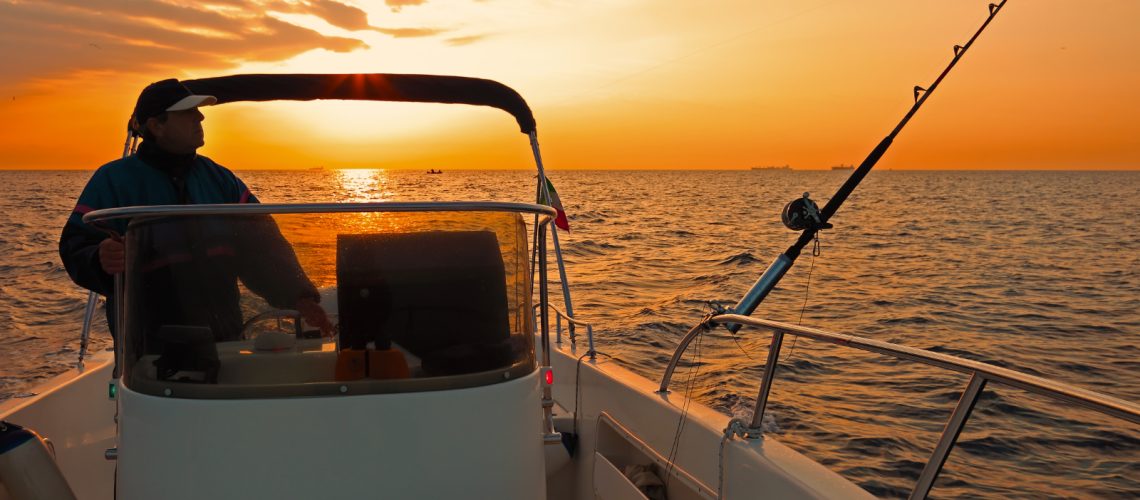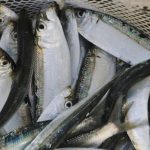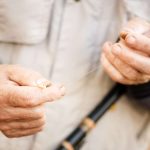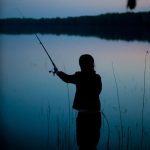Like all common amenities, there is a set of rules or code of conduct that you must follow when launching into the lakes or marine world. These guidelines ensure that you are safe during your outing and also prevent you from jeopardizing the lives of others.
Essential Safety Tips
The safety tips help us to protect lives and safeguard the environment. To ensure that you get the most out of your boating or fishing experience, here are compiled safety guidelines that you need to follow during your boating trip.
Be Prepared
The best way to avoid a mishap is to plan ahead, so ensure you have everything ready before setting out on your adventure. Top on the list should be your safety gear. Ensure that you carry a first aid kit, life jacket, flares, flashlight, extra batteries, polarized sunglasses, sunscreen, insect repellent, and other supplies such as food and water.
Make sure you know the boat you are in and how to operate it from shore. Knowing how fast it goes and how much fuel it takes to get there is vital during the planning stage of your trip. If you do not know your boat’s ratings, ask someone who does.
Watch Out for Other Vessels
Make sure you stay clear of other boats and vessels when maneuvering near docks or bridges. Always signal your intentions by using hand signals. Never assume that another vessel understands your intent. This action helps avoid collisions resulting in loss of lives or destruction of the watercraft and items inside.
Always Remain Sober
Drinking alcohol and substance abuse increases your risk of becoming involved in an accident. It may impair your judgment and reaction time. Driving under the influence is illegal and dangerous. Avoid drinking alcoholic beverages or using other drugs or substances while boating or fishing.
Stay Informed
Stay informed about weather conditions and local marine regulations. Information about the weather will help you avoid a disaster that comes with rough tides, storms, and strong winds. Visit the National Oceanic and Atmospheric Administration (NOAA) website for the latest weather information. Also, tune in to the NOAA radio station to stay updated with changing climate patterns.
The local marine regulations guide you on acceptable speed limits, casting areas, anchoring restrictions, wake zones, and non-wake areas. These rules help safeguard all seafarers within the locality and protect the marine parks in the region. Check the National Marine Fisheries Service website for the latest information about boating and fishing laws and regulations.
Take a boating safety course
According to the United States Coast Guard, approximately 77 % of boat accidents in 2020 occurred since the operators had no prior boat safety training. Make sure you are aware of the rules before leaving the dock.
You will find plenty of free online courses available for beginners and advanced learners. Each state has its own unique boat safety courses available at no cost through the Boat US Foundation. In addition, the US Coast Guard provides another list of online and hands-on boat safety courses. Before you head to the waters, acquire a nationally-approved boating safety education certificate.
Use Common Sense
Always use common sense when planning your next boating or fishing excursion. Consider the weather, tides, currents, and other factors before heading out on the water. Follow what your instincts tell you before you think of commencing your boating voyage.
Conclusion
Enjoying the outdoors require anglers to be intentional about their fishing and boating trips. The most effective way of being safe is to confine yourself within the set rules. Do not forget that safety gear can save your life in the event of an incident.





